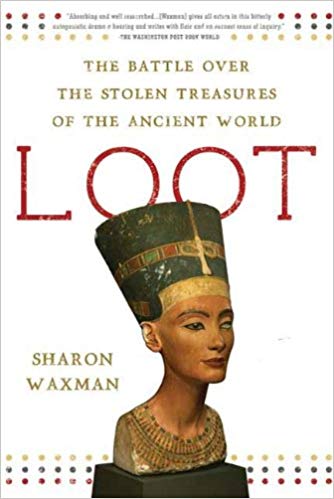Did you miss the February book club meeting? If so, what a shame. Our engrossing discussion focused on the unheralded Chinese immigrant railroad workers who built the Central Pacific and the Union Pacific Railroads in the 1860s, linking the east and west coasts of the U.S. and forever changing our country. Our afternoon was unexpectedly heightened by the presence of four local Chinese-American attendees. Among them was the grandchild of one of the actual group of railroad workers we read about and the son of an original Flying Tiger of air transport fame! A second visitor is deeply involved in an Asian immigrant rights organization. Their knowledge of, and perspectives on, the extraordinary role (and its enormous toll on life and limb) of the Chinese railroad men in helping to build our nation — and the untold misery, violence, expulsion and invisibility that became their reward — were invaluable and riveting. We were so grateful to our visitors for joining us.
One never knows what surprises pop up at an AIA book club meeting!
In Loot, the book for March, “former New York Times correspondent Sharon Waxman embarks on a grand tour of some of the world’s finest museums—the Met, the Louvre, the British Museum, the Getty—and the countries from which some of their most famous antiquities were illicitly taken. Skillfully blending history and reportage, Waxman traces the stories of treasures like the Elgin Marbles, then jumps into the debate over whether they should be restored to their countries of origin. She finds no easy answers: while acknowledging the dubious means by which European and American museums acquired many antiquities, she concedes that the governments clamoring for their return don’t always have adequate plans for their maintenance. (Turkey compelled the Met to hand over the famous Lydian Hoard, only to have its masterpiece stolen.) Waxman’s account is animated by interviews with museum curators, accused smugglers and government officials, putting a human spin on the complex cultural politics before arriving at a middle ground that strives for international collaboration in preserving a broad, global heritage.”
For our quick-readers, note that the selection for April 16 will be Mama’s Last Hug: Animal Emotions and What They Tell Us About Ourselves by Frans de Waal.


